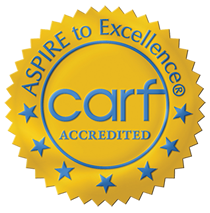August 4, 2021
Did you know that Michigan has a program to help families who care for their children with severe disabilities at home?
Many children with severe impairments may not be able to eat, walk, dress, or talk without difficulty. They often have both mental and physical impairments and need round-the-clock care and a lifetime of support. Families that include children with severe disabilities can have many expenses other families do not have.
The Family Support Subsidy Act (Public Act 249 of 1983) was passed by the Michigan legislature to shift resources and services toward supporting children with severe disabilities to live with their families and not in out-of-home placements.
The Family Support Subsidy (FSS) Program can pay for special expenses the family has while caring for their child with severe disabilities.
Unfortunately, many people who are eligible for the program are not aware of the program, according to Susan Clingan, who is the Family Support Subsidy Program coordinator, and Office Manager for North Country Community Mental Health in Antrim County.
Clingan explains that families receive $229.31 per month and the subsidy can be used at the family’s discretion, empowering them to decide where it is needed most. Some use it for therapies, special dietary needs, respite care, or basic needs like rent or utilities or clothing.
While educational eligibility is ultimately determined by the Intermediate School District’s (ISD’s) Multidisciplinary Evaluation Team (MET), it is the Michigan Department of Health and Human Services (MDHHS) and the local Community Mental Health Services Program that are responsible for administering and implementing the Family Support Subsidy Act.
According to Clingan, there are approximately 100 children currently enrolled in the FSS program in North Country’s six counties. “In North Country’s service area, the average age is 12 and the youngest enrollee is 2,” she says. “A little over half (52%) also receive other Community Mental Health services and supports.”
Families may be eligible for this program if they have a child under age 18 who has been recommended by a local or intermediate school district (ISD) multidisciplinary evaluation team (MET) and given an eligibility category of cognitive impairment, severe multiple impairment, or autism spectrum disorder. The family’s taxable income may not exceed $60,000.
Clingan says 70% of families receiving the subsidy in northern Michigan earn less than $19,000 per year and it makes a great deal of difference to those who receive it. “One person we work with said they live check to check and many months the subsidy check arrives just in time to pay a bill to avoid shut off to that service. It has also helped with clothing expenses. The parent shared that her son seems to outgrow everything as soon as he gets it, as many parents know.”
A parent in Charlevoix County said, “The money we receive for our [two] children from the subsidy has helped us buy a vehicle. We now have safe transportation and we are so grateful!”
A parent in Kalkaska County shared that, “There’s always some extra expense that seems to hit our household each month and the subsidy has covered the surprises.”
Referrals for the FSS program come to North Country from ISDs and MDHHS. North Country also outreaches to the local public schools, Early On, Public Health agencies, physician offices, childcare centers, hospitals, and more. Individuals may also refer themselves.
Those interested in learning more about the program are encouraged to contact Susan Clingan, FSS Coordinator for Antrim, Charlevoix, Cheboygan, Emmet, Kalkaska, and Otsego Counties. She may be reached at 231-533-8619 or sclingan@norcocmh.org.





